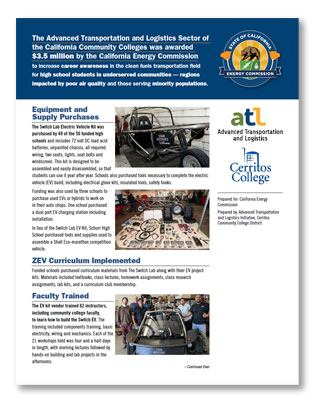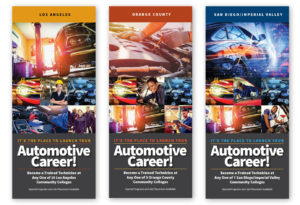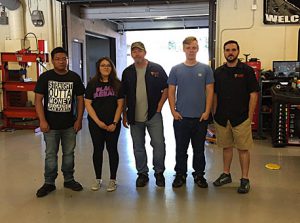
2017-18 Auto Tech Club Officers
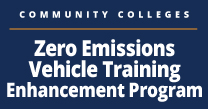 Meeting the Need…
Meeting the Need…
Silicon Valley is ripe for an increase in alternative fuel vehicles and people to service them. De Anza College is well on the way to meeting that need thanks in part to ATRE-CEC funding.
The college has offered courses on hybrid vehicles since 2007 as part of its Advanced Automotive Technician Certificate of Achievement, but struggled to purchase equipment to keep up with new vehicles as they entered the market. ATRE-CEC funds were used to purchase a Chevy Volt, a Nissan Leaf, and a Ford F-550 heavy duty CNG truck.
De Anza College partners with Audi of America, the City of San Jose Fleet Technician Training Program, and the Santa Clara Joint Apprenticeship and Educational Advisory Committee. About 41 percent of the San Jose’s public transportation fleet runs on alternative fuels, which is coupled with an increase in personal alternative fuel vehicle purchases.
“San Jose is a demographic model of unique driver characteristics with a growing segment of AFV usage. Current local public transportation is quite limited and the potential to increase existing or the addition of new systems has proven to be a challenge,” the college wrote in its ATRE-CEC funding proposal. “The immediate growth potential for AFV transportation dovetails perfectly with reducing mobile sourced emissions as well as the increased public acceptance and expectation of such technology.”
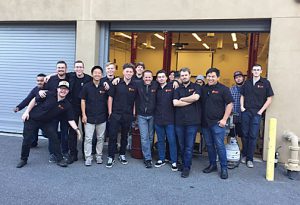 Expanding Curriculum and Upgrading Facilities
Expanding Curriculum and Upgrading Facilities
De Anza is in the process of expanding its alternative fuel vehicle curriculum and upgrading its facilities to ensure that it can meet the need of the expanding alternative fuel vehicle market in the area. A new associate degree in Alternative Fuel Vehicle is set to launch in fall 2018 with day and evening enrollment options.
“Existing training programs and curricula are not meeting the educational needs overall while relentless changes in technology and increased manufacturing exponentially creates opportunity for service and repair,” their funding proposal states. “The goals and aspirations of our large student population vary widely from service technicians, parts suppliers, engineering degree transfer, business degrees, management, racing and various automotive innovations.”


